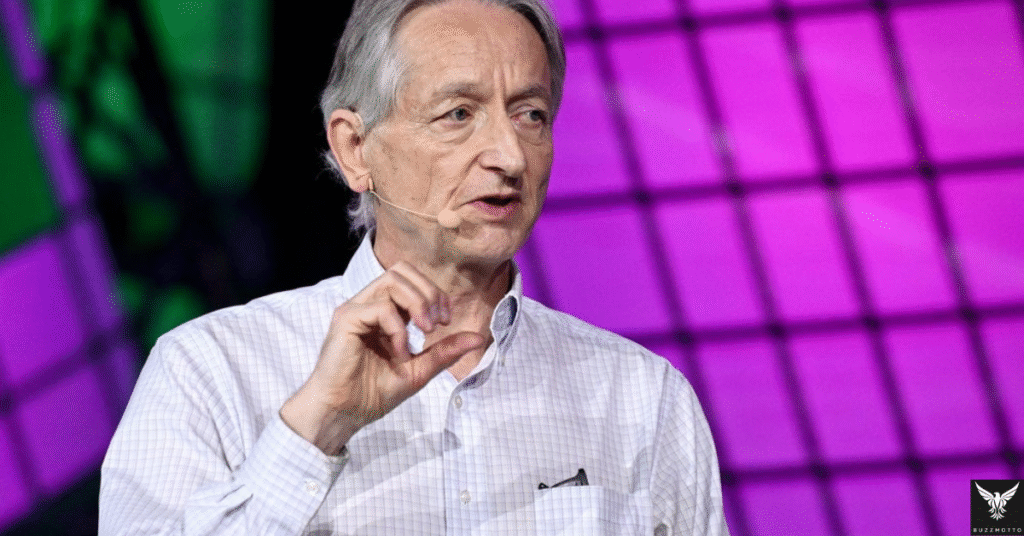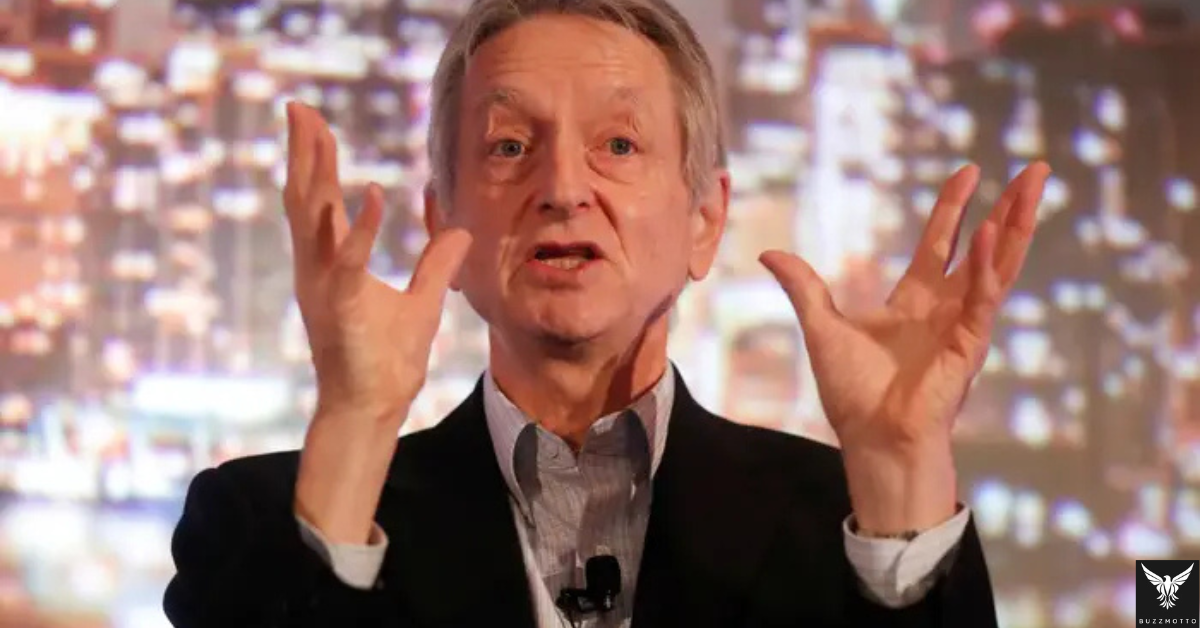Table of Contents
Geoffrey Hinton, widely recognized as the “Godfather of AI,” has sounded a strong warning about the sweeping impact artificial intelligence could have on the job market—particularly for white-collar professionals. Hinton, whose pioneering work in neural networks dates back to the 1970s, is a professor emeritus at the University of Toronto and received the 2024 Nobel Prize in Physics for his contributions to machine learning.
In a candid interview on the Diary of a CEO podcast, Hinton expressed serious concerns about AI-driven job displacement, especially among knowledge workers engaged in repetitive intellectual tasks. He stated bluntly, “For mundane intellectual labour, AI is just going to replace everybody.”
According to Hinton, many roles that require basic cognitive skills but not high levels of creativity are especially vulnerable. He explained that tasks once distributed among ten individuals could soon be accomplished by just one person aided by an AI assistant.
Paralegals and Call Center Jobs in the Crosshairs
Hinton cited paralegals as an example of a profession already facing obsolescence due to AI. He also issued a grave warning for the customer service sector, saying, “I’d be terrified if I had a job as a call center operator,” pointing to the rapid automation taking place in these roles.
Manual Labour Jobs Safer—For Now
Interestingly, Hinton believes that blue-collar jobs involving manual work may be safer in the short term. “It’s going to be a long time before AI is as good at physical manipulation. So, a good bet would be to be a plumber,” he noted, highlighting the limitations of AI in tasks requiring dexterity and physical presence.

No Guarantee of Replacement Jobs
Refuting the common belief that AI will simply give rise to new types of employment, Hinton painted a more pessimistic picture. He warned that the automation of many cognitive jobs could leave few meaningful roles for the average worker. “You’d have to be very skilled to have a job that it just couldn’t do,” he added.
What makes the situation even more urgent, according to Hinton, is that this wave of displacement is already underway. AI systems are beginning to handle entry-level tasks—positions that traditionally serve as stepping stones for new graduates and early-career professionals.
One Person Doing the Work of Ten
While Hinton acknowledged that AI may assist rather than fully replace some professionals, he cautioned that even this would reduce overall employment. “That means one person will do what used to be the work of ten people,” he said, forecasting massive reductions in workforce requirements across many sectors.
Some Hope for Healthcare
Despite the grim outlook, Hinton did point out a silver lining. Certain sectors, like healthcare, may adapt better to AI integration due to growing demand. These industries might see AI as a support system rather than a full replacement, potentially cushioning the blow of job losses.
Final Thoughts
Geoffrey Hinton’s insights serve as a wake-up call: AI isn’t just reshaping the future—it’s reshaping the present. While certain professions may survive or even thrive alongside AI, many others could be swept away by automation if workers and industries don’t adapt quickly. As Hinton implies, the age of AI is here—and it’s already rewriting the rules of the job market.
Stay tuned to Buzzmotto for more updates from Le Mans 2025 and the world of high-performance automobiles.

